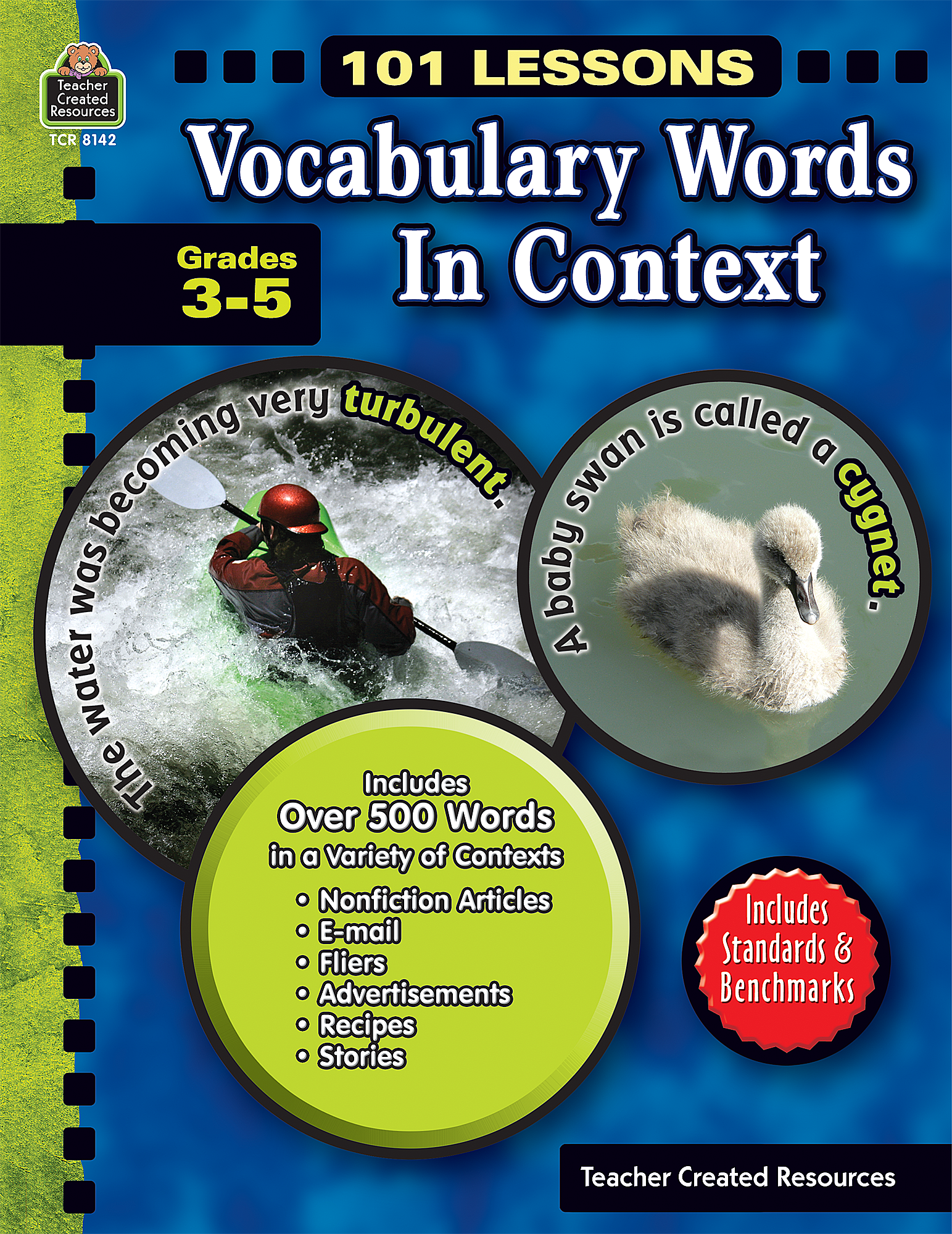


There is also a super word-meaning game called Fake Out! Supplement your daily vocabulary activities with these materials from Houghton Mifflin. This section of the Education Place Web site includes printable puzzles and reviews by grade level and cycle. The materials at Houghton Mifflin Spelling and Vocabulary are helpful to any teacher, especially teachers who use the company's teaching materials in the classroom. (Click here for the answers.) Take it from there by having your students create clues for words they select. Each set of clues will lead to a Mystery Word. At Mystery Word you will find more than 50 sets of five clues. Even teachers will be challenged by the upper-level games! To encourage your students to engage in these puzzles, keep track of their achievement on a board in your classroom. The students also receive immediate feedback about their performance. Students fill in root words, and the definitions are explained to help students solve the questions. Share some of these on-line interactive puzzles with your students. A.Word.A.Day provides a new word each day and your students can listen to the correct pronunciation of the word as well as read its meaning! Sign up for the mailing list to have a word delivered to your inbox each day! One more site that offers a word with its definition each day is Daily Word Quiz. Many teachers share a new word each day with their students. Consider these suggestions for energizing your vocabulary activities!Ī Word a Day. She attributes the lack of advice to the fact that many teachers are as "stumped" about ways to increase vocabulary and raise test scores as she is.Īlthough not a complete solution to teaching students about new words, the Web has several super activities, on-line games, puzzles, and ideas to help classroom teachers build students' vocabulary and spelling skills. This led me to wonder what I could do to increase my students' vocabulary, thus producing higher test scores."īecause her past posts to Middle-L had always netted a wealth of information, McCrory was surprised to find that she received few responses to this plea. Many of the students, however, scored much lower on the vocabulary section than on the comprehension section. "We had just received the results of last year's CTBS test," says McCrory, "and our test scores in reading were even higher than the previous year's. In her search, she turned to her connected colleagues on a middle school listserv. A sixth-grade teacher at South Marshall Middle School in Benton, Kentucky, McCrory recently embarked on a quest for engaging vocabulary activities. Janet McCrory is an educator in search of activities like those supplied by Ackley. By making vocabulary study meaningful and by integrating it with reading, spelling, and writing, it makes sense to the students and they take ownership of the material." BORING! They learn the words for the test and promptly forget them. "One thing I've learned over the years is not to just give students lists of words to learn and be tested on. She teaches fifth- and sixth-grade language arts at Saints John and Paul Catholic School in Ashtabula, Ohio. "Whatever vocabulary activities we do in class must be tied to what the students are learning or want to learn," said Ackley. "The best way to teach vocabulary is to make it meaningful to students," said Ackley. How could she make vocabulary activities more interesting? she wondered. Ackley was trapped for some time between the necessity of teaching vocabulary and its "dull" reputation. Dig for definitions and pry for pronunciations - virtual vocabulary has no limits! What greater service can teachers perform than to help students foster their understanding of words? The Internet offers many tools for young etymologists and an abundance of great ideas for teaching vocabulary and spelling. Henry Ward Beecher said, "All words are pegs to hang ideas on." If words are pegs, does it follow that the more words we know, the more ideas we may have? True or not, it is hard to argue the fact that a good vocabulary is an asset in life. Vocabulary and Spelling: Do Your Students Say 'Boring'? More Great Ideas for the New School Year.


 0 kommentar(er)
0 kommentar(er)
